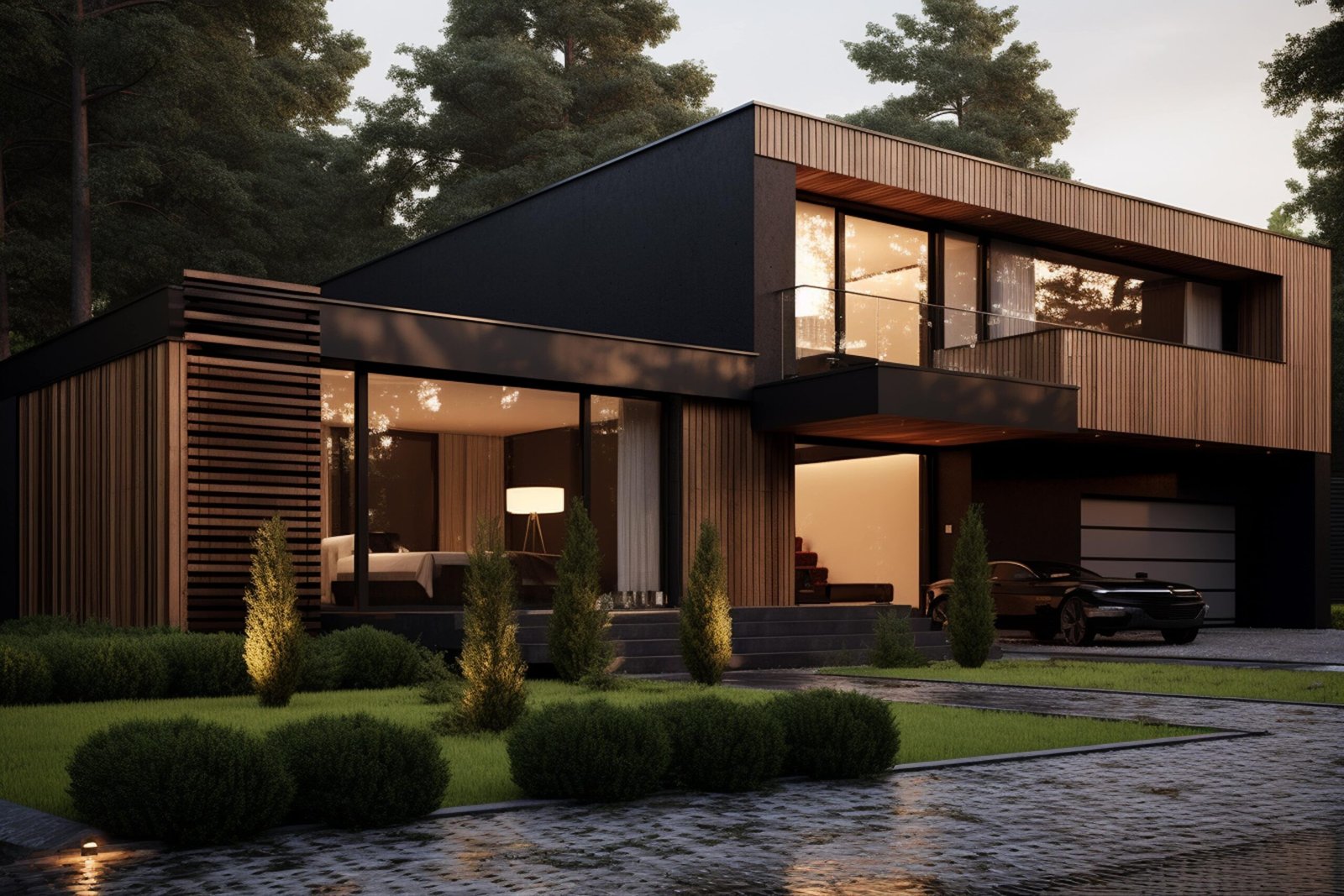Introduction:
The construction industry is undergoing a transformative evolution, driven by technological advancements, sustainability concerns, and a growing demand for efficiency. In this blog, we delve into the key trends and innovations shaping the future of construction, highlighting how these developments are not only reshaping the industry but also contributing to a more sustainable and interconnected world.
Digital Transformation:
One of the most significant shifts in the construction industry is the adoption of digital technologies. From Building Information Modeling (BIM) to drones and virtual reality, these tools are revolutionizing the way projects are planned, executed, and managed. BIM, in particular, enables architects, engineers, and contractors to collaborate seamlessly, reducing errors and optimizing the entire construction process.
Sustainable Construction Practices:
With climate change concerns on the rise, the construction industry is placing a greater emphasis on sustainability. Green building materials, energy-efficient designs, and eco-friendly construction practices are becoming standard. This not only aligns with environmental goals but also addresses the increasing demand from clients for sustainable and environmentally responsible structures.
Prefabrication and Modular Construction:
Prefabrication and modular construction are gaining popularity for their efficiency and cost-effectiveness. This approach involves constructing building components off-site and then assembling them on-site. This not only accelerates project timelines but also minimizes waste, making it a sustainable and attractive option for many construction projects.
Robotics and Automation:
Automation is making its way onto construction sites through the use of robots and autonomous machinery. From bricklaying robots to drones conducting surveys, these technologies are improving the speed and precision of construction projects. This not only enhances safety by minimizing human exposure to hazardous conditions but also increases overall efficiency.
Smart Buildings and IoT Integration:
The era of smart buildings is here, with the integration of Internet of Things (IoT) devices for enhanced functionality and efficiency. Smart sensors and systems monitor and optimize energy usage, security, and overall building performance. This not only improves the occupants’ experience but also contributes to long-term cost savings and sustainability.
Augmented Reality (AR) and Virtual Reality (VR):
AR and VR technologies are transforming the way stakeholders visualize and interact with construction projects. These immersive technologies provide a realistic preview of the final structure, aiding in design decisions and facilitating better communication among project teams. Virtual walkthroughs also offer clients a realistic experience before construction even begins.
Conclusion:
As the construction industry embraces these trends and innovations, it’s evident that we are on the brink of a new era in building and development. The integration of digital technologies, sustainability practices, and automation is not only reshaping the way we construct buildings but is also paving the way for a more connected, efficient, and sustainable future. As construction professionals, staying abreast of these developments is not just a choice but a necessity to thrive in an industry that is evolving at an unprecedented pace. The future of construction is indeed exciting, and those who embrace these changes are sure to be at the forefront of shaping our built environment for generations to come.


